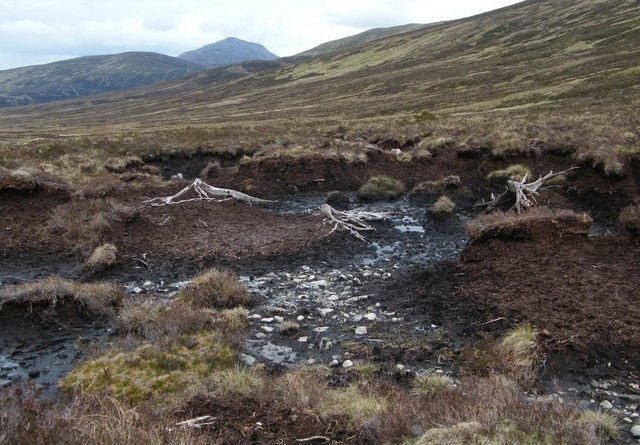Can I use bogwood to soften my water?
Not in any meaningful way no.
Let’s get technical. A bog is often where a lake used to be. The organic matter accumulates and decays. This means that the water is low in oxygen and high in tannic and humic acids. The tannins are often the ones that give a brown tint to the water. Bogwood is the first stage towards fossilisation.
Here’s the issue, bog wood is expensive, often difficult to extract in large amounts, and can be trees such as yews, which are toxic.
Instead, the bulk of wood sold as bogwood are tropical hardwoods that have been sandblasted, wood recovered from swamps, meaning that there was little anaerobic action and much lower levels of tannic and humic acids, or on occasion temperate hardwoods.
This means that the tannin levels are much lower, and the humic acids generally nil. But even if they’re present these are weak acids. Strong acids are fully available for reactions, weak acids are not. Think of it like two buses, one bus is empty, and one bus is three-quarters full. The first bus can pick up a lot more people.
When we soften water we remove the hardness, KH and GH. Acids will react with carbonates KH, like a bus picking them up. They do not react with the GH, which is normally calcium. But the tannins in most woods are so weak that they only make a difference if you already have very soft water.
Some confusion may come from the fact water is treated with orthophosphoric acid to reduce the calcium in water treatment, it’s not the acid, it’s the phosphates that are being used to reduce the calcium.
Most hardness-reducing resins work by replacing calcium with sodium, which doesn’t help matters. So the only real way to reduce hardness is to strip it from the water via RO.
Will bogwood alter things, yes, but only if you already have soft water. In hard water, it will only impact the digestion of the hardwater fish.

